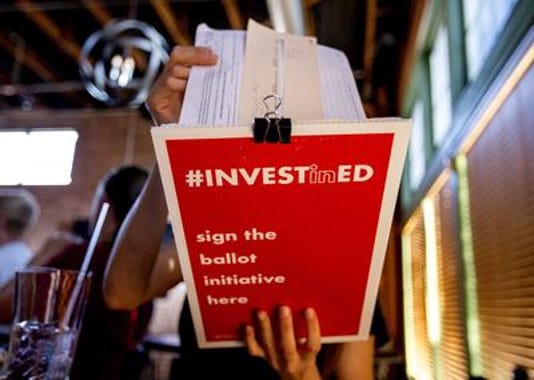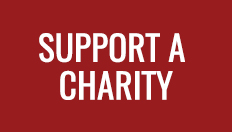For those of you new to seeing policy analysis in this otherwise community and real estate newsletter, here’s the deal. Since your’s truly (Ken) is a policy nerd who believes that the real estate market is directly impacted by policy, I’m going to choose topics of general interest having to do with policy once per month for a deeper dive.
In the two decades that I have been in and out of public office or working on public policy issues, I’ve seen here in Arizona a slow deterioration of both the initiative process and the ability of people to participate, even through voting.
Oh, and if you are wondering how that affects the real estate market, please note that the very ability of realtors to do business in Arizona was passed by a citizen-lead ballot measure 1962. So, were it not for a citizen-lead initiative, you may have still been required to use an expensive attorney to buy or sell a home.
Back to this initiative process. In the last few years, the legislature (in a Republican-led effort) has undermined the public initiative process in two ways. First, they wrote the rules to make it nearly impossible to collect enough valid signatures to get on the ballot. Second, they used a recently-packed and friendly state Supreme Court to deal the final blow to knock two significant initiatives off of the ballot earlier this year.
The net result has been that only those individuals and organizations with enough money to jump through the whole array of new barriers to the initiative process will be able to affect our state law.
Let’s get specific:
Strict compliance. This is a term meaning that petition signatures must exactly meet rules set in place by the legislature and that a judge cannot rule that a signature is valid because he or she gives the public the benefit of the doubt. The ability of judges to assume the best in the public’s intentions is called “substantial compliance”, and it is no longer the law, since the legislature passed HB2244 in 2017. Strict compliance essentially allows petitions to be thrown out for minor errors. This law, by the way, was accompanied by laws that required that petition gathers not be paid by the petition (rather, by the hour). This makes the petition process about 25% more expensive. This, while candidates for office can still pay by the signature. See how this favored politicians over the public?
Applying the new laws. The 2017 law came after the governor and legislature passed a law to allow the governor to increase the size of the Arizona Supreme Court, conveniently allowing him to change the make-up of the court. The court, by the way, could have by now voided strict compliance laws from the legislature, saying that they are the true arbiter of the rights of voters. Remember that the initiative process is enshrined in the constitution and strict compliance is only legislation.
The constitution is meant to protect our rights. The legislature does not intend to.
So, in 2018 the two initiatives that were thrown off of the ballot were both funded primarily by small donations or lots of volunteer efforts. Those were Prop 207 (the “Invest in Ed” initiative) and the Outlaw Dirty Money (ODM) effort (which sought disclosure of hidden money in politics). The first was thrown off based on a ruling that the initiatives description was misleading. This, itself, was unprecedented, according to the minority opinion of Arizona Supreme Court, saying “We have never required perfection”.
The ODM effort was thrown off based on one of the rules put in place by HB2244 –that anybody attempting to throw petitions out could subpoena any petition gatherer for a court hearing. This usually means hundreds or thousands of people. The tiny ODM staff and volunteers could not get all of these people to show up to court. It was odd, too, that the judges accepted that the ODM opponents sent subpoenas to old addresses, or to addresses that did not even result in an answer –a practice that is not allowed generally.
Contrast that with the Prop127 initiative. This was largely funded by a billionaire who wanted to see more renewable energy in Arizona. He had the money and the staff to find and transport more than a thousand people to court to testify.
The Prop 126 initiative, which I wrote about here, was not challenged at all and had lots of money backing by the Arizona Association of Realtors.
Complicated, huh? Isn’t it amazing how elections law topics make people’s eyes glaze over, yet it is key to the healthy functioning of our democracy?
So, what do we have in the end? We have a system in which effectively only wealthy people or organizations ,or the legislature can put something on the ballot. This was not the vision of the founders of this state.
So, what can you do? Simple. Vote only for people who promise to over-turn strict compliance so you can have your constitutional rights back.










